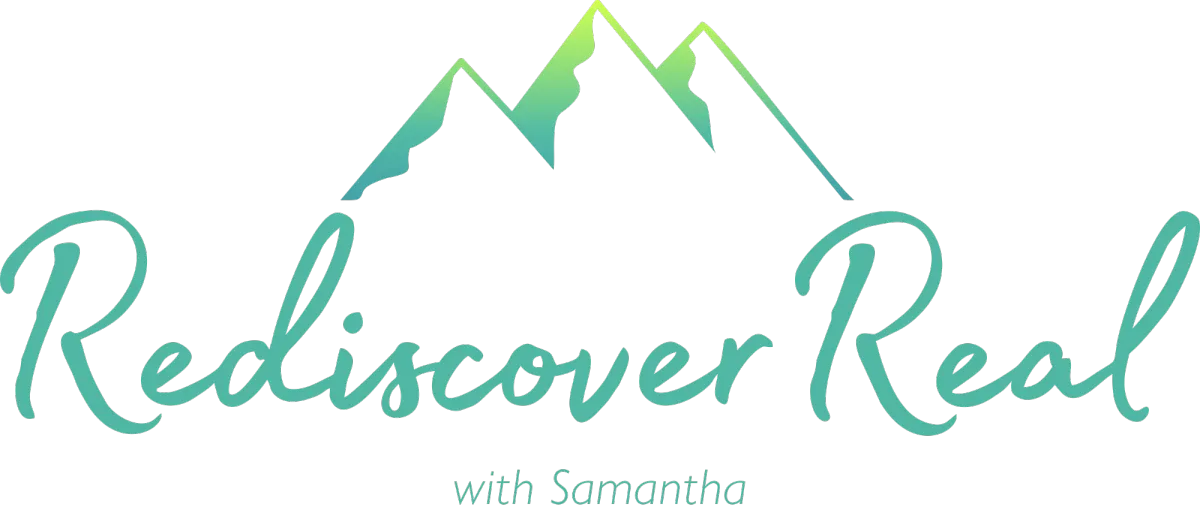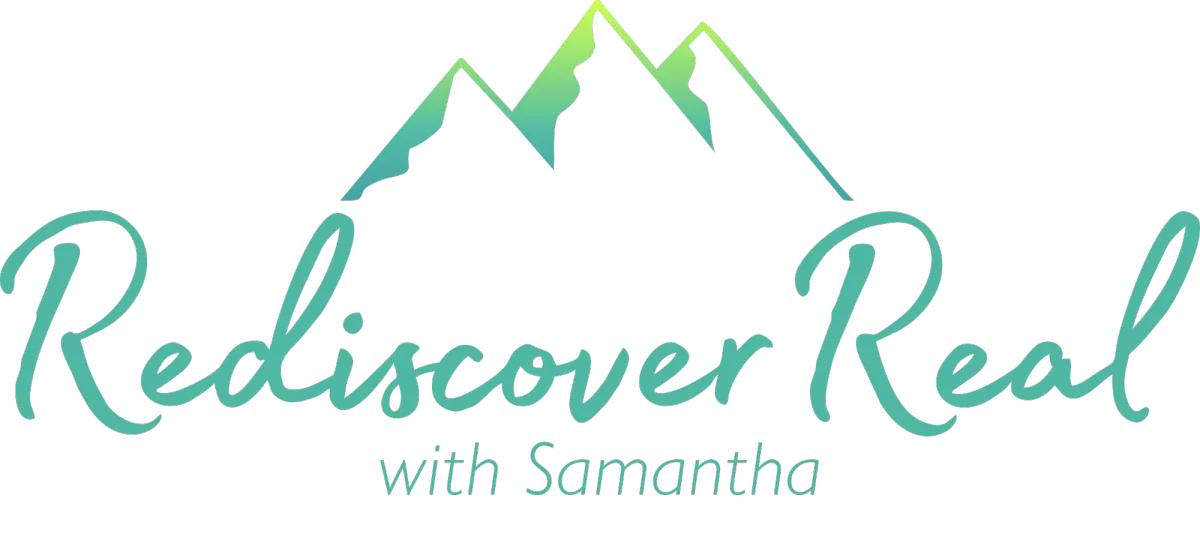MY LATEST LESSONS...

Connect with me!
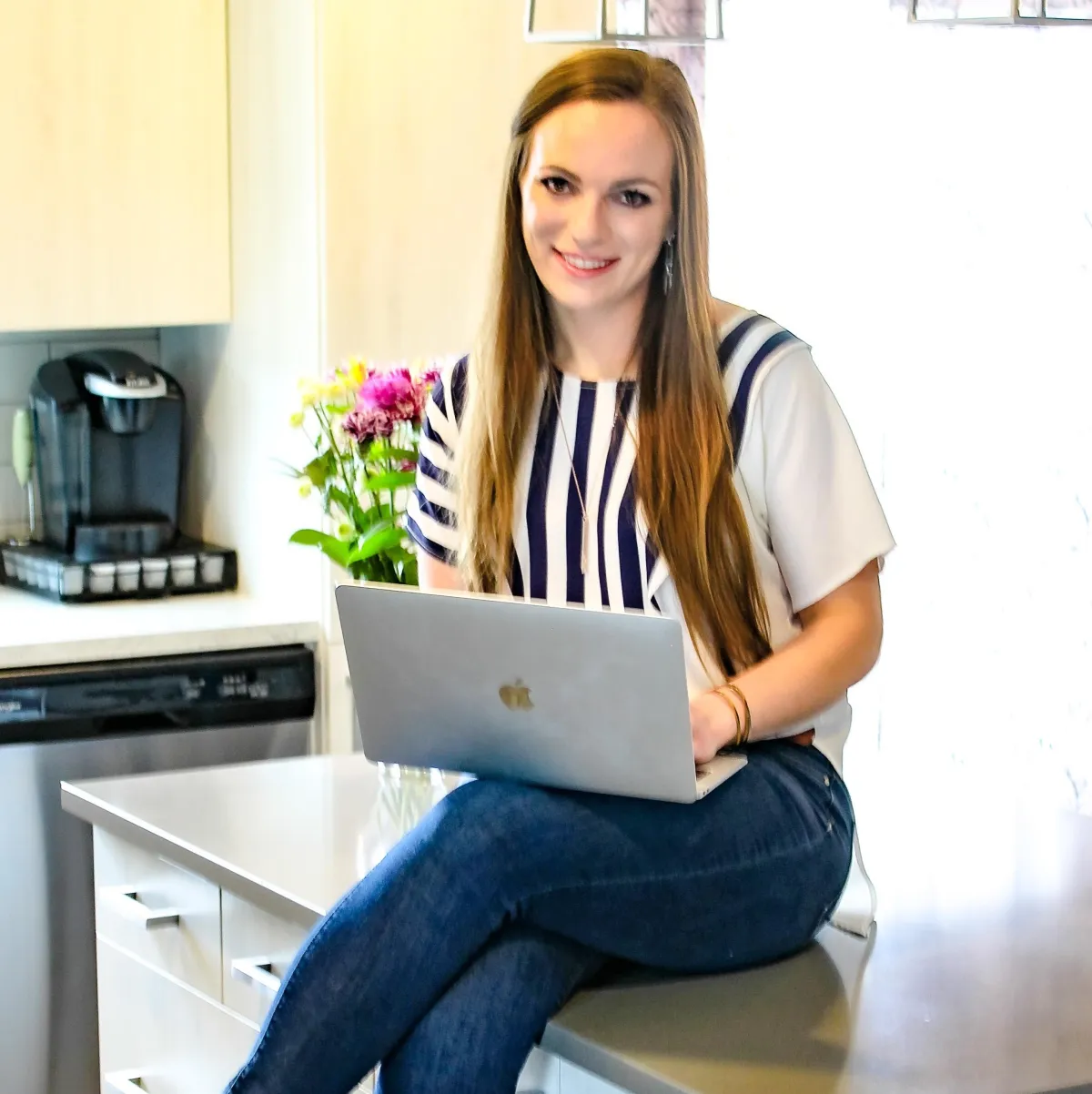
Learn with Me!

Listen to the Latest!
I'M ON THE JOURNEY, AND YOU'RE INVITED.
Sharing the real fully me with as much grace and gumption possible.
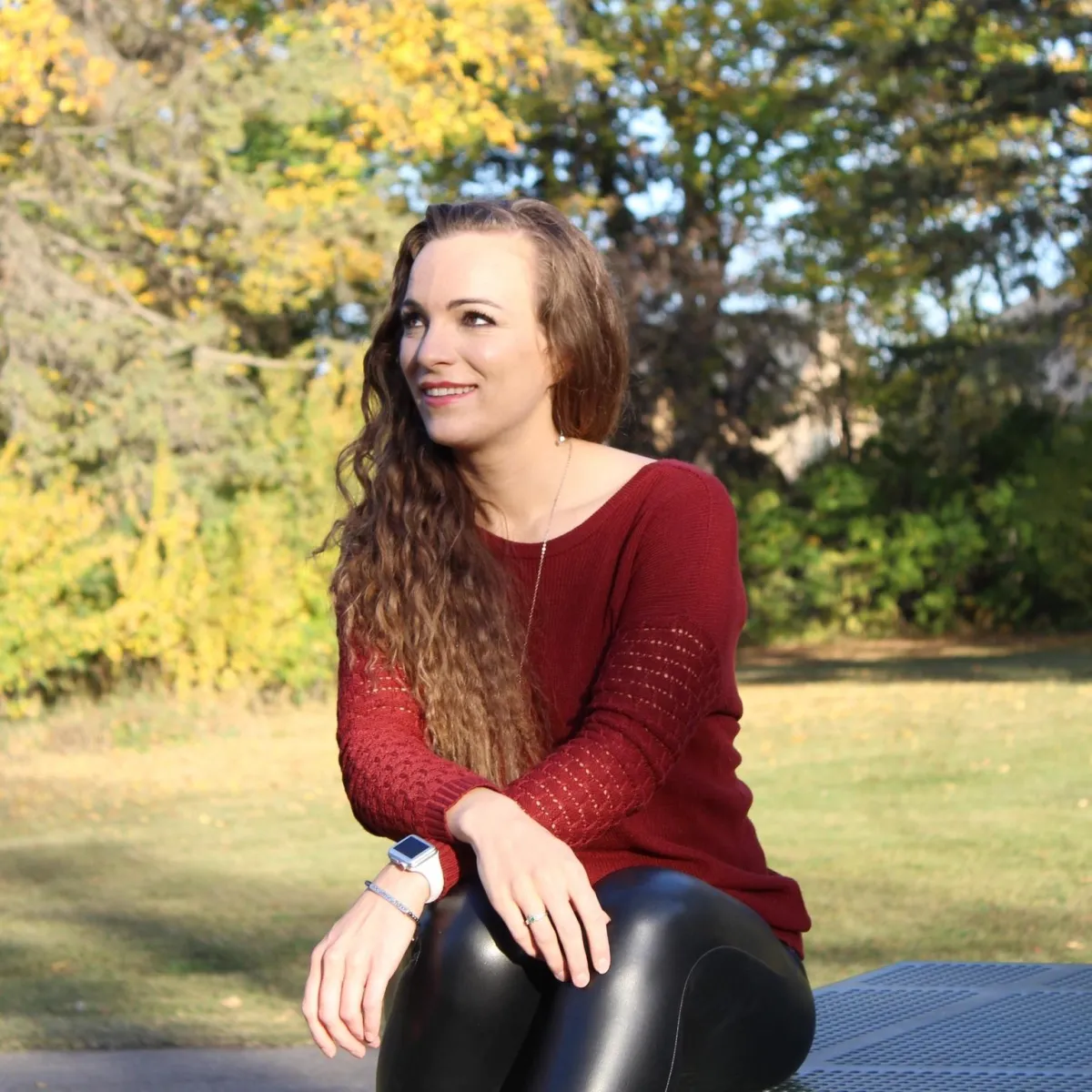
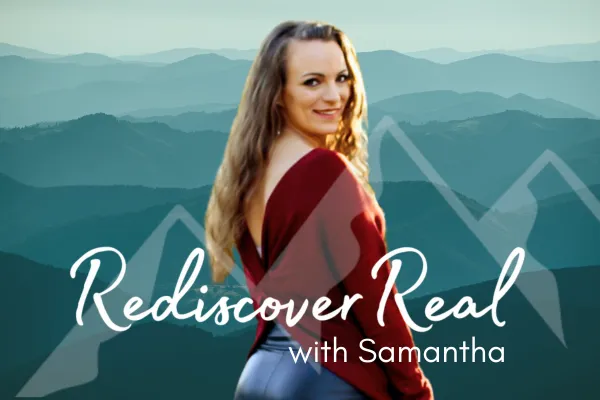
#29 Money Mindset: Empower Your Life - The Art of Decisive Action Part 1
#29 Money Mindset: Empower Your Life - The Art of Decisive Action Part 1
We dive into the transformative power of decisions and how committing to them can reshape your life. Explore the Latin roots of "decide" and uncover why it means to cut off. Learn why keeping options open may hinder your progress and discover the link between results and priorities. Overcome the fear of commitment, step out of comfort zones, and make informed decisions for lasting change.
Listen on Apple Podcasts, Spotify, Podbean, Amazon Music, Audible, Google Podcasts, or whatever your favourite place to listen is! Or Watch on YouTube below!
Have you ever found yourself stuck on the decision line, unsure whether to fully commit or keep your options open? In today's blog post, I want to share a pivotal shift in my life that continues to make a difference whenever I apply it. Let's delve into the concept of decisions and how embracing them can lead to transformative results.
Key Points:
1. The Definition of Decision (00:57):
- Decision: A conclusion or resolution reached after consideration.
- The root of the word "decide" comes from Latin, meaning to cut off.
- Highlight the importance of not just learning but also applying and consistently reinforcing decisions.
2. Fear of Commitment (02:22):
- Many of us struggle with true commitment, often keeping options open as a safety net.
- Relate this to common scenarios like dating or financial decisions.
- Emphasize the need to go beyond testing the waters and truly committing to goals.
3. Results Reflect Priorities (07:24):
- Results are a reflection of priorities; if you're not getting desired outcomes, reassess your priorities.
- Discuss the common trap of saying you've decided but not taking concrete actions.
- Use examples related to financial decisions and personal growth.
4. Overcoming Comfort Zones (09:42):
- Address the tendency to stay in comfort zones, especially in the realm of finances.
- Acknowledge the role of upbringing and past experiences in shaping comfort zones.
- Encourage embracing discomfort for growth and positive change.
5. Making Informed Decisions (06:05):
- Balance the idea of commitment with smart decision-making.
- Discuss the importance of researching and testing new endeavors intelligently.
- Share strategies to reassure oneself about the safety of decisions.
In conclusion, life-changing results often stem from decisive actions rather than riding the decision line. Consider where you may be holding back in your life and challenge yourself to cut off the alternatives. Remember, the outcomes you desire are a direct reflection of your priorities. By making informed, committed decisions, you can steer your life in the direction you truly desire. So, where in your life can you make that crucial decision today?
Transcription:
00:00
Where in your life do you need to stop riding the decision line? All right, let's talk About something that really shifted things for me And continue to when I remind myself of this because we can learn something but until we apply it and oftentimes Remember it and like do the reps around it. It's one thing just to like learn it and apply it one time
00:29
But then when you learn it and apply it and then continue to do the reps around it, that's one thing. But then we also oftentimes see things come up in other areas of our lives where we're like, oh yeah, I need to apply that same concept here. So today we're talking about the word decision and how we can apply this and what this looks like. So first of all, the definition of decision.
00:57
is a conclusion or resolution reached after consideration. Now, you have probably a pretty good idea about that.
01:07
The root of that word is decide, obviously. And that decide actually comes from Latin roots and it means to cut off.
01:26
Now that puts a different spin on things because oftentimes, especially, I see this so much nowadays, people wanna keep their options open. And it's not always a bad thing to keep your options open and to be curious about things to learn new perspectives. That's not a bad thing. To keep your options open or to keep an open mindset around seeing a different perspective.
01:55
from someone else, keeping an open mindset in looking for another way, you know, a different way to budget or a different way to save money or a different way to make money or all of those pieces. But what I see a lot of, and I have been in this camp as well, I mean, this is always on the podcast, is coming from experience, is
02:22
We often get caught in not actually wanting to make decisions, like true decisions. We'll say we've made a decision, but we keep our options open just in case. Right. I mean, we see this a lot. If you're in the dating world where people don't really want to commit, they don't really want to decide. They don't want to cut off. Right. They want to keep their options open. Well, just in case that doesn't work out. Not going to tell that person.
02:51
or remove that person from my social media or delete their number or, you know, well, we never talked to them. It's fine, they can stay on my Facebook or they can stay on my Snapchat or whatever. Or, well, like oftentimes in finances and with budgeting, I see people do this a lot, not wanting to actually decide and commit, like to go all in on something.
03:21
and to actually apply it. They're like, well, I'm gonna dip my toes in here. We'll like, you know, kind of sort of try budgeting or we'll kind of sort of maybe try to add some extra income. You know, we'll try network marketing, but we're not actually gonna like decide and commit to it. We'll just like test it out.
03:43
And then so often what I see people do, because they don't take ownership, they don't cut off and decide, is they don't see the results they want because they dabbled in it, whatever that it was, or they didn't have, like they weren't committed in their heart and in their mind, they dabbled with it. I'm not saying like,
04:10
to go all in on something without researching it or like for it to be the only way and not to be open to it. But if you don't actually decide to do something and then follow through on it until you reach the end of that and until you get to make the decision for what the next right step is for you.
04:32
That's where people, I see people get caught in that all the time. So where do you ride that decision line? There's this.
04:43
point where we get to get off of that. And if there's areas in your life where you're like, well, I should be saving more money. Well, I should budget more. I should do this and we're shoulding all over ourselves. That's not helpful at all. Because then you end up with some shame and some guilt and all sorts of other things going on. That doesn't serve you. Doesn't serve your life. Well, it does serve you.
05:12
It serves you in ways and you get to figure out what that is. And this is a really impactful moment as well, is does it serve you in moving forward in your life or is it serving you in our brains are wired to avoid pain and seek pleasure? Our egos
05:40
are trying to keep us safe. So if by stepping out and doing something unfamiliar, it's going to feel uncomfortable, and that's okay, that's a good thing, but it's going to feel unfamiliar. It's going to feel different because it's not normal.
06:05
So how can you say, Kate, you go, I got you. I'm safe. You're safe. All is well. God's got me. This is, you know, I have looked at this, you know, I'm not jumping 300 feet off of a building, hoping for a parachute to show up. I have made safe decisions. I am, I'm not being reckless with my finances.
06:34
Maybe you're wanting to get into investing. You have learned, you're, you know, maybe, and you are, you can test out the waters and do it, you know, in a smart way. It doesn't mean, same with like looking for another stream of income or adding more income. Doesn't mean you go quit your day job tomorrow and you know, you have to, you know, make a full-time salary by next month with this other stream of income you're looking at.
07:03
How can you do things in smart ways, but also be committed to that direction and what's a priority? And that's what it comes down to is, so when we talk about decisions, if you're like, well, I make decisions, this is where I used to be, I was like, well, I make decisions. Great, so what are the results you're getting?
07:24
And that stings a little. Because the results you're getting are a reflection of your priorities.
07:34
So you could say you've made the decision to add another stream of income or to save money and to put money aside every month for your vacation fund or for an emergency fund. But if you aren't actually doing it, if you haven't actually built the emergency fund, if you haven't actually done the actions to build the other stream of income, then you're just talking about it. You haven't actually decided, you haven't actually like,
08:04
cut off other options, right? You're still like, well, but I saw this thing that I really wanted to buy and that was more important to me. That was a higher priority than building my emergency fund. Well, but I really wanted to, you know, have some nights out with friends or sit in front of the TV and just turn off from the world. And I didn't really feel like having to work in the evenings and build another stream of income for my family.
08:33
for my future, for my life, to take the financial stress off. I'd rather sit in what's familiar. And if you're like me, where you grew up with a lot of language around finances and experienced it even into a lot of, for most of your adult years, where finances, while we can see abundance in everything, while we had to be very careful with where we prioritized our money,
09:03
and they're not being.
09:08
a lot of money outside of the baseline for survival needs.
09:15
even though you can fully see abundance in so many ways. But for there being money, we can always make more money if that's a decision that we make. But when you sit in, well, this is where I am, and you sit in that victim swamp of, well, this is how much money I have, and this is all I have, and this is all I can do with it, and you see scarcity. And if you grew up with a lot of that like me,
09:42
then oftentimes you end up in this place where you get comfortable and it's familiar to have to talk yourself out of wanting more things, to say, well, no, I don't really want that. Well, no, I don't, that isn't, I don't actually need that. Like if any of my friends can tell you, if they've gone shopping with me, I am a professional at talking myself out of something that I love.
10:12
and would love to buy because I can talk myself out of it and say, well, no, that's not a priority. Like you shouldn't be spending that money. That money can go other places. There's other things that you want to do with that money. And that's not always a bad thing, but I have talked myself out of a lot of things that would actually really benefited my life and made life easier, were important, but I was like, no, let's not do that.
10:39
And I'm actually going to dig into that more in another podcast because there's a lot more to unpack there. But coming back to that decision piece, where do you make a decision? Where do you ride that decision line versus where do you actually commit to something?
11:00
Where do you cut off? Like there's no like, well maybe sort of like, yeah, I'll try it out and we'll see if it works. Well, like if there's extra money left over at the end of the month, then I'll put that towards my emergency fund. Where do you do that in your life?
